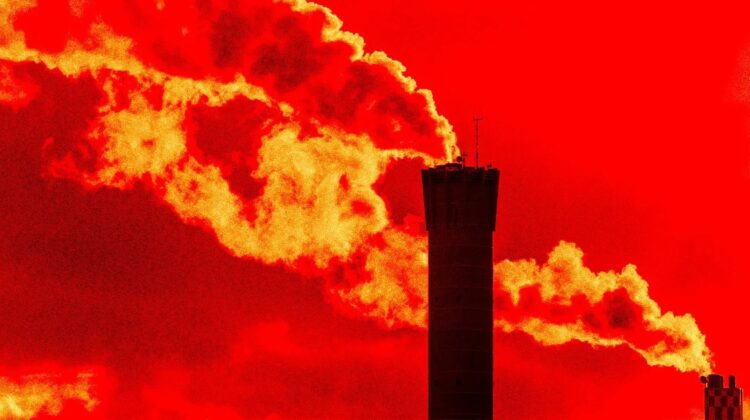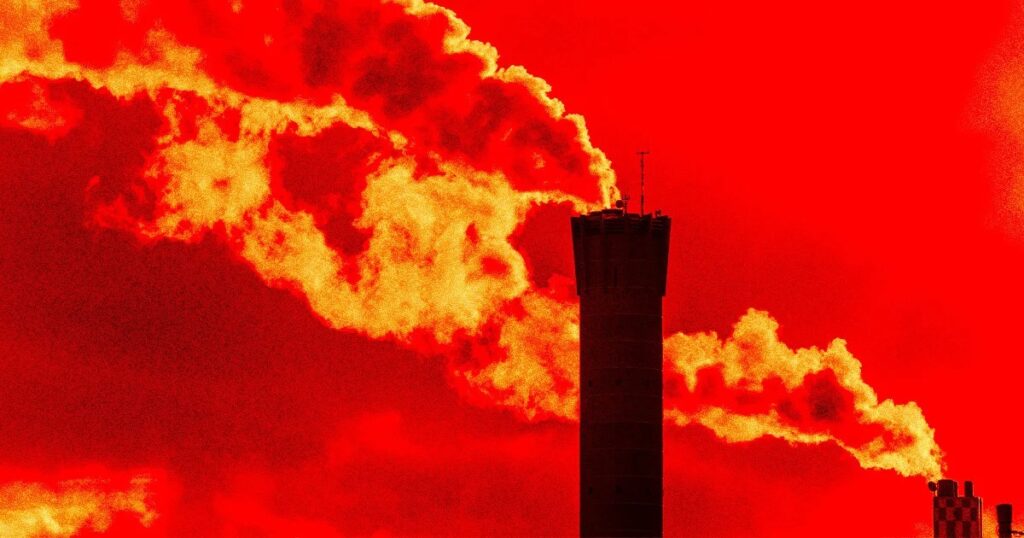
If you’re seeking a culprit for the exacerbation of climate degradation, look no further than these 57 entities, identified by researchers as the primary perpetrators of climate change.
The Carbon Majors Database, an inventory cataloging the worst carbon emissions contributors, has unveiled a new briefing shedding light on the entities inflicting the most harm on the climate. Established in 2013 by Richard Heede, co-founder and co-director of the Climate Accountability Institute, the database’s previous report in 2017 was damning enough. However, this latest update, covering emissions data from the six-year period post the 2015 Paris Climate Agreement up to 2022, paints an even graver picture.

As per the recent report, a mere 57 industrial and state entities have accounted for the majority of greenhouse gas emissions since the 2015 Paris agreement. Approximately one-third are investor-owned oil companies such as the US-based ExxonMobil, Chevron, and England’s BP. State-owned energy corporations like Saudi Aramco and Russia’s Gazprom constitute another 36 percent, with nation-state producers, including those in China and Russia, comprising the final 31 percent.
In total, these top 57 offenders are responsible for a staggering 88 percent of global emissions, amounting to a shocking 251 gigatons of carbon dioxide.
Looking at the bigger picture, the Carbon Majors Database aims not only to present damning data but also to hold polluters accountable and reverse the course of climate change. According to the group, its efforts have facilitated the establishment of corporate accountability for climate-related human rights violations and have led to the codification of key metrics, such as quantifying the contributions these companies and countries make to rises in global surface temperature, sea level, and atmospheric carbon dioxide levels.

Primarily, the group endeavors to redirect the spotlight onto the influential interests propelling climate change, rather than individuals who find themselves compelled to operate within their constraints.
Richard Heede expressed his stance, stating, “It is morally reprehensible for companies to continue expanding exploration and production of carbon fuels despite decades of knowledge regarding the harmful effects of their products. Don’t blame consumers who have been coerced into reliance on oil and gas due to government capture by oil and gas companies.”
Upon reaching out to the aforementioned major offenders, The Guardian received minimal response from its reporters. The only company that provided an on-record response was Shell, responsible for two percent of total greenhouse gas emissions between 2016 and 2022.
“Shell is committed to transitioning into a net-zero emissions energy business by 2050,” a company spokesperson affirmed to the newspaper, “a target we believe aligns with the more ambitious goal of the Paris agreement to limit global warming to 1.5C above pre-industrial levels.”

Leave a Reply